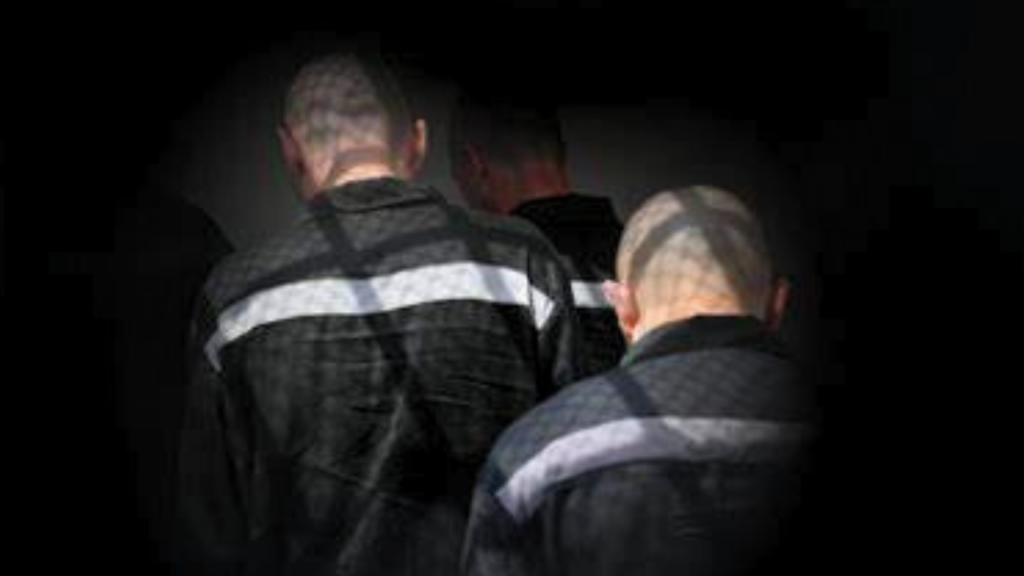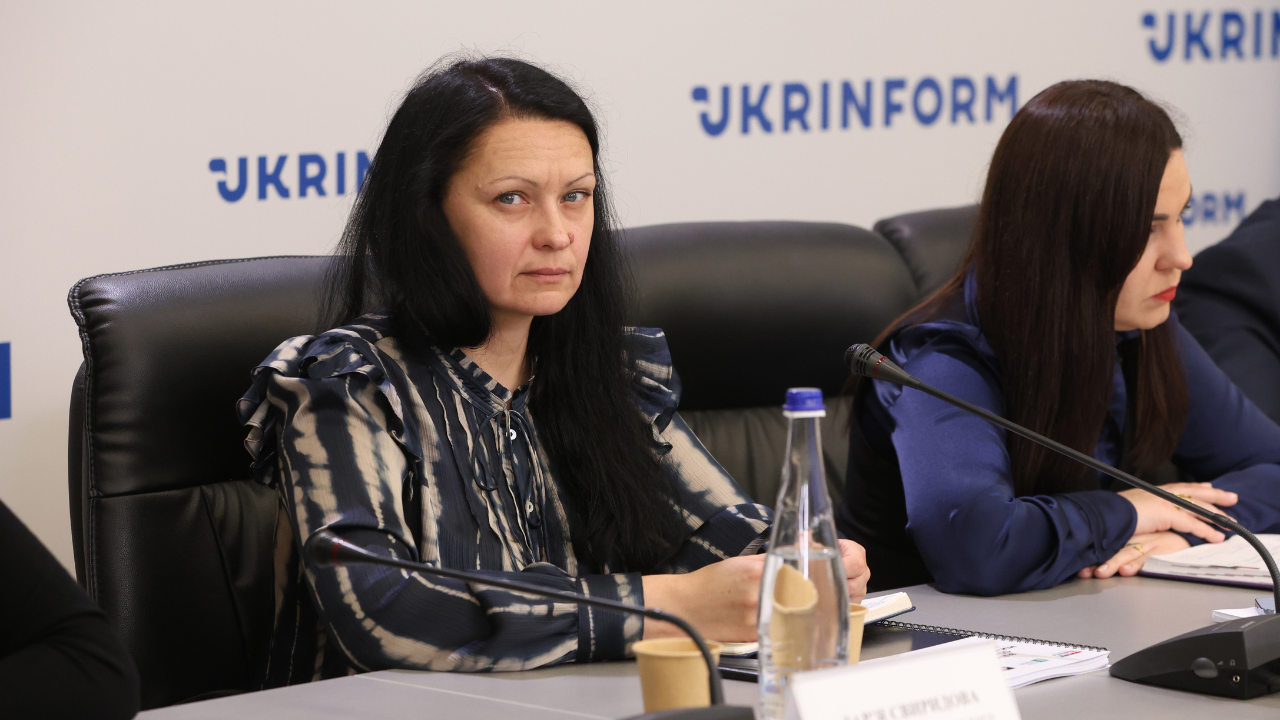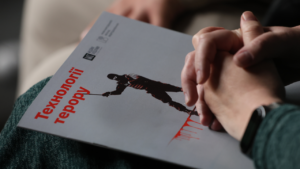Russian Courts Prosecute Ukrainian Soldiers as Terrorists — Analysis

The Media Initiative for Human Rights (MIHR) has released an analysis of how Russia’s judicial system is prosecuting captured Ukrainian soldiers. The document is based on research into over 30 criminal cases brought by Russian authorities against Ukrainian military personnel. The key finding is that the criminal prosecution of prisoners of war is part of a large-scale and systemic policy of the Russian government.
Although soldiers have the legal right to participate in hostilities, Russia refuses to recognize Ukrainian troops as combatants, treating them instead as criminals. During the presentation, Tetiana Katrychenko, head of MIHR, stated:
“The Russian Federation disregards the combatant status of Ukrainian soldiers and denies the existence of an international armed conflict altogether. They are not being prosecuted for war crimes but under general criminal charges. The sheer volume of cases, swift trials, long prison sentences, and lack of appeals from POWs all indicate that Russia is using its judicial system as a tool of repression”.

Tetiana Katrychenko, Head of MIHR
The criminal prosecution of service members contradicts international law, including the Third Geneva Convention, which prohibits holding soldiers criminally responsible for taking part in hostilities—so long as they do not violate the laws and customs of war. However, according to Andrii Yakovlev, lawyer, author of the analysis, and MIHR expert in international humanitarian law, Ukrainian POWs are primarily being prosecuted as terrorists.
“The charges are not based on evidence of terrorist acts but solely on the fact that the individuals are members of the Ukrainian Defense Forces. In effect, they are being convicted simply for doing their duty. These proceedings are marked by gross violations of the right to defense, confessions extracted through torture, and courts operating under full political control from the Kremlin, making fair trials impossible.”

Andrii Yakovlev, Lawyer, MIHR Expert in IHL
As of late March 2025, MIHR is aware of at least 94 cases against 151 Ukrainian POWs being tried in Russia. Additionally, there are 218 court cases involving 342 defendants being heard in the temporarily occupied territories of Ukraine. Another 85 Ukrainian soldiers captured in Russia’s Kursk region are mostly being tried in Moscow.
Read the complete analysis at the link.







